
France At War: On the Frontier of Civilization
'France At War: On the Frontier of Civilization' Summary
The collection of journalistic pieces is preceded by a poem, "France", that had been published before the outbreak of war (in 1913) which has a more overblown jingoistic feel to it than the reflections on war itself. The poem does, though, show Kipling's love of France, as well as his sense of the destiny of imperial dreams.
Kipling himself was an ardent and effective writer of propaganda directed primarily against German treatment of civilians. The "rape of Belgium" in 1914 and the sinking of the Lusitania earlier in 1915 were particularly shocking. In Kipling's eyes such "total war" was a renunciation of civilisation. The heat of his reaction is associated with his militarism. Although not a soldier, Kipling was educated at the United Services College (a school for the sons of officers which prepared students to enter Sandhurst and Dartmouth - the British army and navy officers training establishments). His writing is deeply imbued with notions of military service as honorable and, among civilised people, restrained and governed by rules.
Kipling encouraged his son John to enlist, and perhaps used his connections to get John enlisted despite poor eyesight and two earlier refusals. John died on 27th September 1915, just ten days after these articles were published (6th -17th September 1915).
Thus Kipling's account (not least in view of his reputation today as a supporter of British imperialism, and his jingoism) is still interesting one hundred years later as we try to understand our ancestors' experience.
Book Details
Language
EnglishOriginal Language
EnglishPublished In
1915Authors
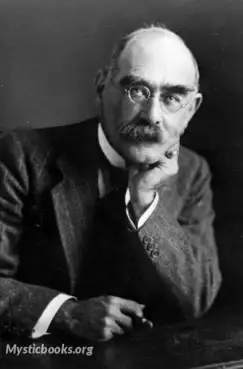
Rudyard Kipling
Britain
Kipling's writing has strongly influenced that of others. His stories for adults remain in print and have garnered high praise from writers as different as Poul Anderson, Jorge Luis Borges, and Randal...
Books by Rudyard KiplingDownload eBooks
Listen/Download Audiobook
- Select Speed
Related books

Prejudices, First Series by H.L Mencken
The late war, very unpopular at the start, was “sold” to them, as the advertising phrase has it, by representing it as a campaign for the salvation of...

Osceola the Seminole by Thomas Mayne Reid
This book recounts the life and struggles of Osceola, a prominent Seminole leader, against the backdrop of the Seminole Wars in Florida. It portrays O...

The Wit and Humor of America, Vol 10 by Marshall Pinckney Wilder
The Wit and Humor of America is a 10 volume series. In this, the tenth volume, 53 short stories and poems have been gathered from 44 authors. This vol...
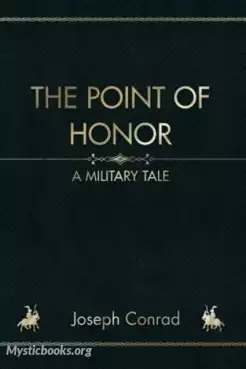
The Point of Honor by Joseph Conrad
Set during the Napoleonic Wars, this story features two French Hussar officers, D'Hubert and Feraud. Their quarrel over an initially minor incident tu...
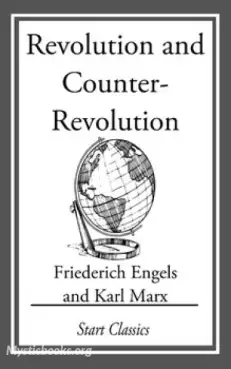
Revolution and Counter-Revolution in Germany by Friedrich Engels
Revolution and Counter-Revolution is an account of what happened in Prussia, Austria and other German states during 1848, describing the impact on bot...

The Complete Works of Artemus Ward Part 2, War by Artemus Ward
Artemus Ward, the beloved humorist who brought laughter to the Civil War, returns in The Complete Works of Artemus Ward Part 2, War By Artemus Ward....

Sämtliche Schriften 1911-1921, Teil 4 by Carl von Ossietzky
Carl von Ossietzky (1889-1938), a renowned German journalist, pacifist, and Nobel Peace Prize laureate, stands as a prominent figure in the interwar p...
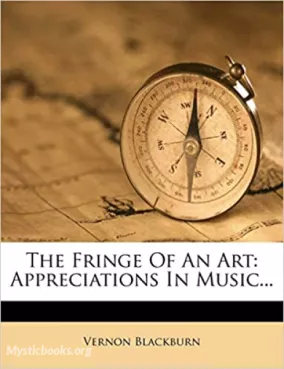
The Fringe of an Art: Appreciations in Music by Vernon Blackburn
This is a captivating exploration of the world of music and its diverse facets. Published in [insert year of publication], this book delves into the i...

Optimism, An Essay by Helen Keller
It is a testament to Keller's unwavering belief in the power of positive thinking and the human spirit. In this insightful essay, Keller explores the...
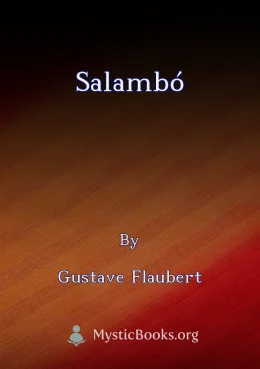
Salambó by Gustave Flaubert
Salambó, hija del poderoso general cartaginés Amílcar, se encuentra en el centro de una historia de amor, guerra y sacrificio. Matho, líder de los mer...
Reviews for France At War: On the Frontier of Civilization
No reviews posted or approved, yet...